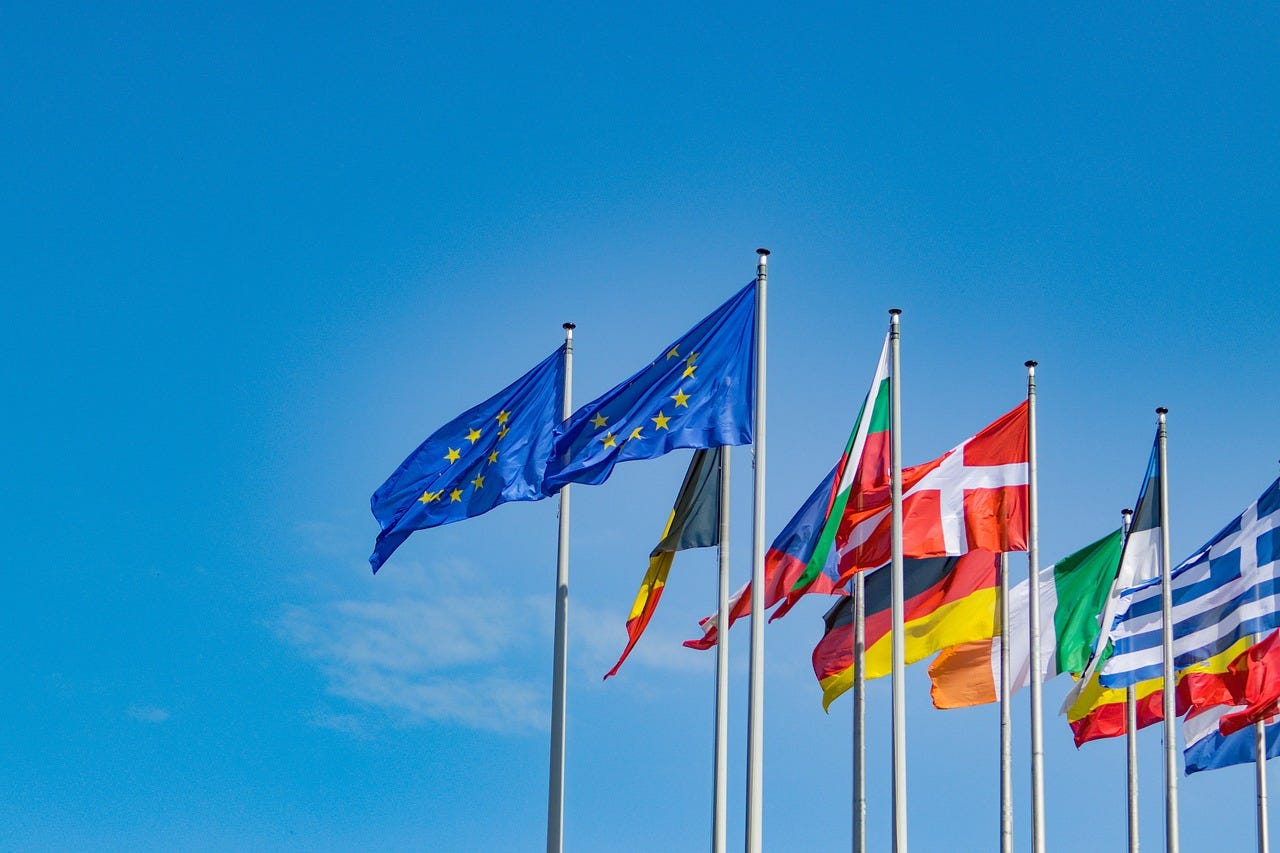🇪🇺 What Europe Day means to Europeans
Marking the anniversary of the historic Schuman Declaration on 9 May, Europe day celebrates peace and unity in Europe. But why do we celebrate it? and what does it mean to Europeans?

Today, Tuesday 9th May 2023, is Europe Day.
Celebrated yearly, Europe Day marks the anniversary of French foreign minister Robert Schuman’s speech on 9 May 1950, where he outlined his idea for a new form of European cooperation intended to make war between European nations unthinkable.
One of the 11 founding fathers …



